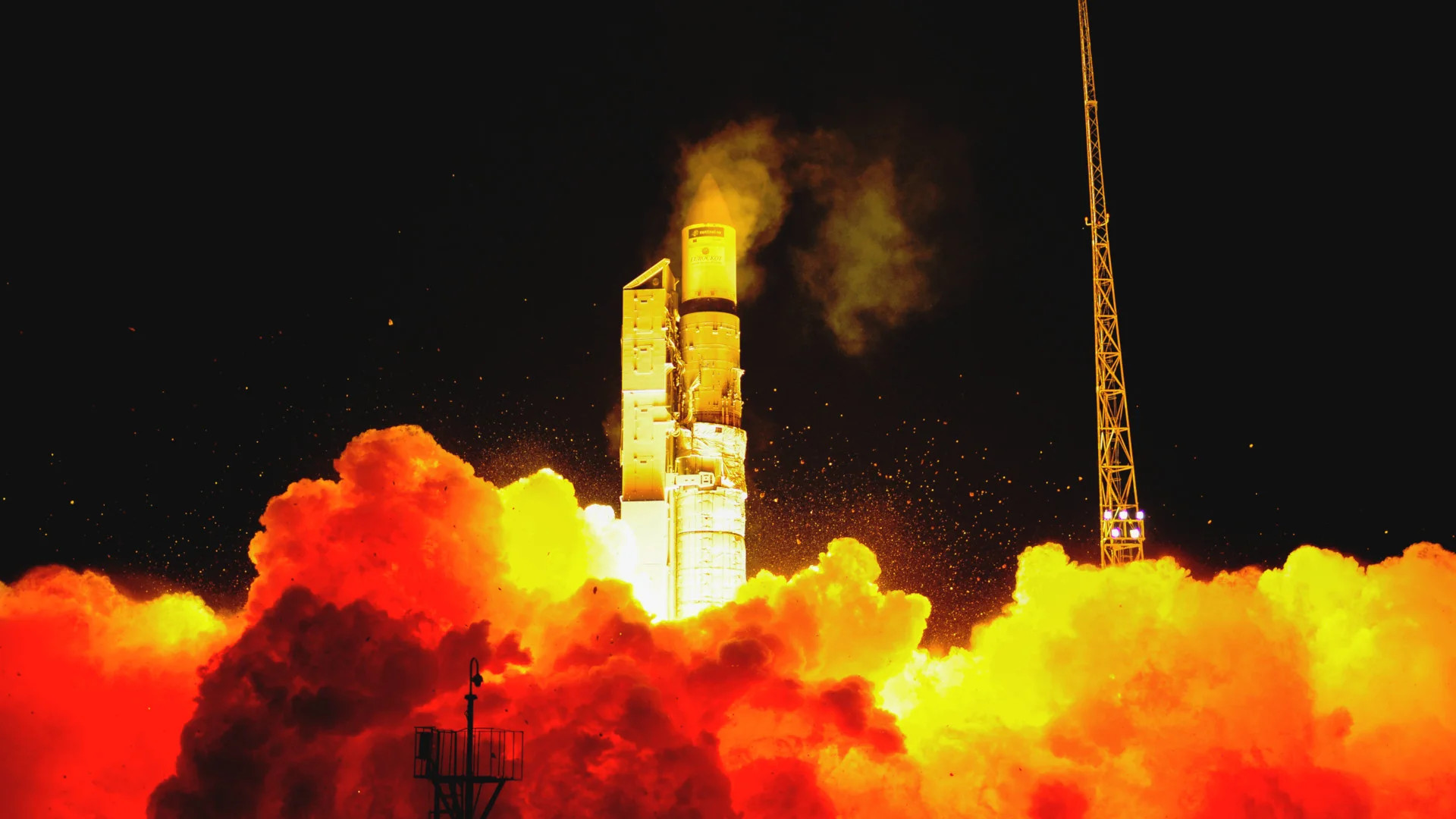The Chairman of the U.S. House Intelligence Committee has turned heads with a public plea for President Joe Biden’s administration to declassify information related to an unspecified “national security threat” that has been described as “serious” and “destabilizing.” Multiple reports now say the matter has to do with raw intelligence on a Russian space-related capability of some kind, although we cannot independently confirm that at this time.
Representative Mike Turner, an Ohio Republican who currently chairs the House Intelligence Committee, ignited something of a firestorm over this still nebulous issue with a brief and cryptic statement earlier today.
“Today, the House Permanent Select Committee on Intelligence has made available to all Members of Congress information Concerning a serious national security threat,” the statement from Turner reads. “I am requesting that President Biden declassify all information relating to this threat so that Congress, the Administration, and our allies can openly discuss the actions necessary to respond to this threat.”
An internal email from Turner to other members of the House subsequently emerged that further described the threat as a “destabilizing foreign military capability.”
Subsequent media reports, citing unnamed sources, have linked the capability to Russia and indicated that it is space-related in some way. ABC News has explicitly reported that the intelligence in question has to do with Russia considering deploying nuclear weapons in space as anti-satellite weapons.
Representative Jim Himes, a Connecticut Democrat who is the ranking member of his party on the House Intelligence Committee, subsequently issued his own statement about the threat. “The classified intelligence product that the House Intelligence Committee called to the attention of Members last night is a significant one, but it is not a cause for panic,” according to Himes.
“It’s a serious issue that Mike is right to focus on but… it’s not gonna ruin your Thursday,” Himes also said, according to The Hill‘s Mychael Schnell and Bloomberg News‘ Erik Wasson.
National Security Adviser Jake Sullivan said today that he had reached out about setting up a classified briefing on the topic before Turner went public and that he was surprised the House Intelligence Committee Chair had done so. Sullivan is now set to host this briefing for Congress’ so-called Gang of Four, the chairs and ranking members of the House and Senate Intelligence Committees, tomorrow.
Senators Mark Warner and Marco Rubio, a Virginia Democrat and Florida Republican who are the Chairman and ranking member of the Senate Intelligence Committee, respectively, have since come out in favor of not rushing to disclose details about this sensitive topic.
Otherwise, details about the threat or what exactly prompted Turner to issue his press release today remain murky. The suggestion has been made that the timing at least could be tied in some way to Russia’s launch of a classified military payload into space last week.
However, Politico‘s Erin Banco has reported that the intelligence product at the center of the matter is not particularly new. She also described the information as “raw intel,” a term typically used to refer to information the validity and authenticity of which has not been fully established, if at all.
Russia is assumed to have extensive classified space-related capabilities, something that has been reinforced by disclosures only recently about Cold War-era Soviet projects. A new space-based strategic nuclear capability or even something like that fractional orbital bombardment system (FOBS), something China has also been actively developing, would easily meet the definition of a “destabilizing foreign military capability.”
Russia is also known to have a host of malign anti-satellite capabilities. These include satellites capable of launching projectiles at targets in orbit, as well as those that can physically manipulate other satellites. It also has various types of terrestrial anti-satellite interceptors. The U.S. military has said in the past publicly that its space-based assets are subjected to “reversible attacks” from Russia, as well as China, every day. These types of threats can include electronic warfare jamming, blinding optics with lasers, and even producing aerosol clouds to obscure sensors and solar power systems on adversary orbital platforms.
Threats to U.S. assets in space are already inherently serious given the heavy reliance the U.S. military and other branches of government place on them for a host of critical tasks. This includes early warning, intelligence-gathering, navigation and weapon guidance, communications and data-sharing, and more. Space-based networks are especially critical for U.S. military command and control, including for nuclear forces.
There is still a possibility that the threat in question has nothing to do with space, or even necessarily with Russia, or that whatever the connections might be are tangential. Russia just by itself is publicly known to be working toward fielding a number of potentially destabilizing non-space-related military capabilities, including a nuclear-powered cruise missile and a nuclear-powered torpedo, both also armed with nuclear warheads and with theoretically unlimited range. Novel hypersonic weapons could be another possibility.
China, as already noted, has been working on a FOBS capability and otherwise heavily investing in military space-related capabilities and anti-satellite weapons. North Korea, Iran, and other countries continue to develop new and improved missiles and other weapons that present significant concern to the United States, as well as its allies and partners.
Still, if the national security threat in question really is about very disruptive Russian space-based capabilities, this would be a major step toward the realization that space is indeed an active battlefield. This, in turn, may then demand new disclosures, and even shows of force, about the U.S. military’s capabilities to defend its interests there and deter potential aggression. These are major actions American officials have alluded to being badly needed in the past.
All this being said, at this time, unfortunately, we just don’t know more about what this serious national security threat really is.
We will continue to update this story as more information becomes available.
Contact the author: joe@twz.com
